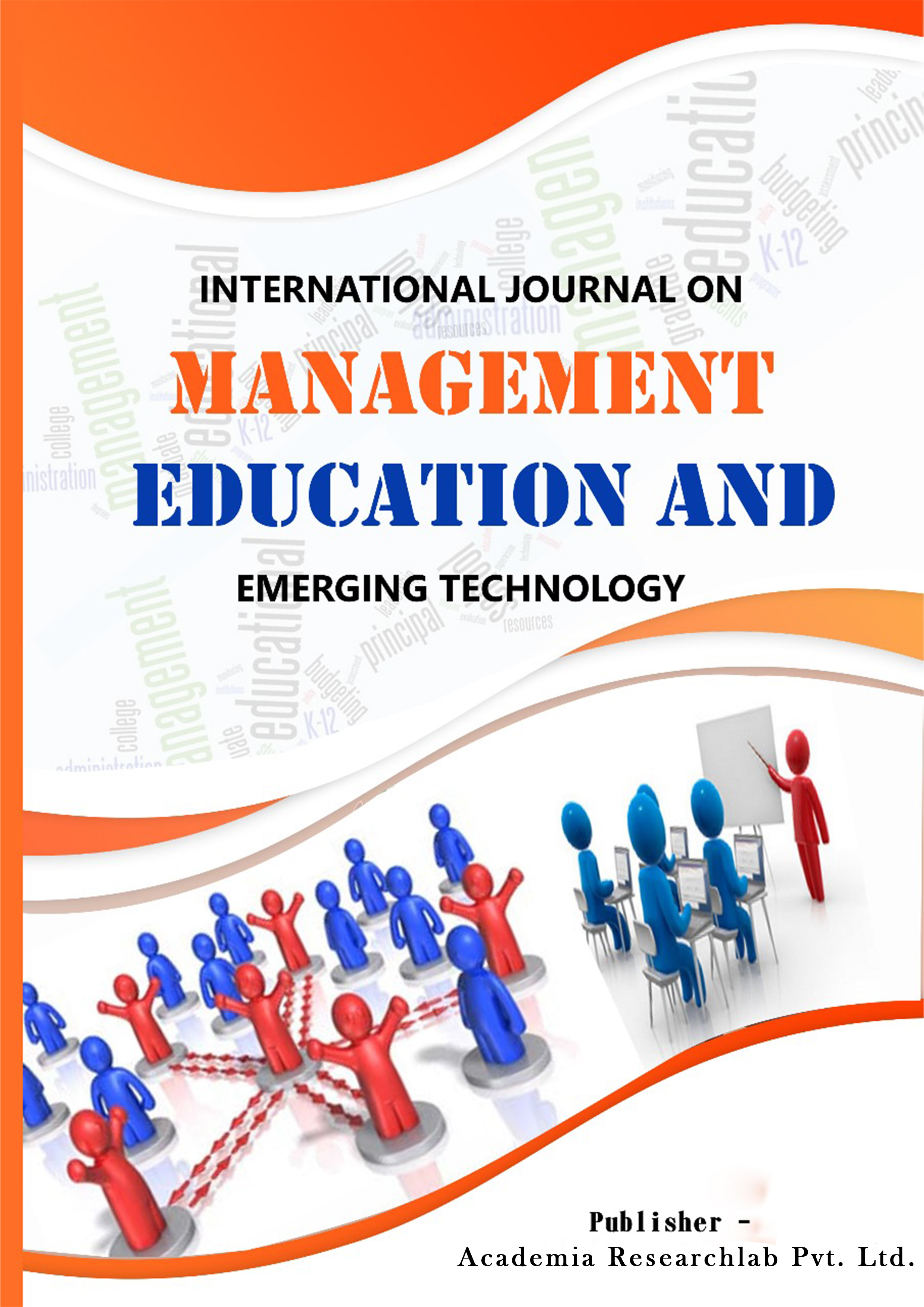Listening Skills that Affect the Reading Comprehension of Grade 2 Pupils in Selected Elementary Schools in Cabiao, Nueva Ecija
Keywords:
Listening Skills, Reading Comprehension, Active Listening, Comprehension, EngagementAbstract
This research examines the listening and reading comprehension abilities of second-grade students in elementary schools located in Cabiao, Nueva Ecija. The research employed a descriptive quantitative design utilizing structured survey questionnaires to evaluate students' listening, comprehension, and engagement. Students achieved "Very Good" ratings on active listening assessments; however, their reading comprehension scores exhibited a statistical correlation with their comprehension and engagement metrics. Schools exhibiting elevated comprehension and engagement scores demonstrated improved reading comprehension, consistent with the instructional material. Active listening is essential for enhancing reading skills; however, engaging the brain in listening tasks is of greater significance. This research contributes to early literacy by examining the effectiveness of structured and interactive listening strategies in enhancing reading and comprehension among young students. Teacher-led interactive listening strategies that engage cognitive processes have demonstrated an enhancement in reading test scores. The proposal outlines a program aimed at enhancing listening comprehension for readers facing difficulties.
References
[1] Ambubuyog, J. L., Castillo, R. M., & Lim, G. D. (2023). The role of active listening in the development of English language domains. Journal of English Language and Education, 8(1), 55–70.
[2] Department of Education (DepEd). (2019). Every child a reader program: National reading month implementation guide. DepEd Central Office.
[3] Hogan, T. P., Adlof, S. M., & Alonzo, C. N. (2019). On the importance of listening comprehension. International Journal of Speech-Language Pathology, 21(5), 478–488. https://doi.org/10.1080/17549507.2018.1516013
[4] Kim, Y. S. (2020). Interactive roles of decoding and oral language skills in reading comprehension development. Journal of Educational Psychology, 112(2), 354–367. https://doi.org/10.1037/edu0000376
[5] Kim, Y. S., & Pilcher, H. (2016). Early listening interventions and reading performance in Grade 2. Journal of Early Childhood Literacy, 16(4), 423–447.
[6] Nurhayani, S. (2018). Factors affecting listening comprehension in the classroom. Indonesian EFL Journal, 4(2), 123–130.
[7] Pascual, R. L., De Guzman, M. L., & Malab, J. (2022). Auditory processing issues among struggling readers in Nueva Ecija. Philippine Journal of Basic Education, 9(1), 14–23.
[8] Tien, C. Y. (2019). Effects of interactive listening tasks on reading outcomes of struggling readers. Asia- Pacific Education Review, 20(3), 457–470.
Additional Files
Published
How to Cite
Issue
Section
License
Copyright (c) 2025 International Journal on Management Education and Emerging Technology(IJMEET)

This work is licensed under a Creative Commons Attribution-NonCommercial-NoDerivatives 4.0 International License.





